NFL Football Star Files For Bankruptcy
Antonio Brown is an NFL Super Bowl champion who got his start playing college football at Central Michigan University. His first season in the NFL was in 2010 for the Pittsburgh Steelers. He was considered to be one of the most productive wide receivers of the decade. In 2021, he played for the Buccaneers, defeating the Kansas City Chiefs to win the Super Bowl. However, all of these triumphs didn’t come without struggles. A warrant was issued for Brown’s arrest in October 2023 for failure to pay child support. He was arrested and later released on a $15,000 bond. Apparently, unpaid child support isn’t the only debt that the former football star needs to address. In May 2024, he filed for chapter 11 bankruptcy, citing nearly $3 million in outstanding liabilities. His petition was filed in the Southern District of Florida. As he begins the chapter 11 bankruptcy process, that could leave you wondering how it works and if bankruptcy could improve your own financial situation. If you’re in the Phoenix or Tucson area, our team can assist you throughout chapter 7 and chapter 13 bankruptcy. To learn more about our services, as well as to see if you qualify to file your case for Zero Dollars Down, call 480-448-9800 to schedule your free consultation.
Some of Brown’s Debts
Many people who file for bankruptcy have credit card companies and medical providers as their top unsecured creditors. But when celebrities, including professional athletes, declare bankruptcy, they may have more unique expenses that a typical person doesn’t incur.
- $1.2 million: Anton Tumanov, a truck driver from Florida who secured a judgment against Brown for assault in 2020
- $312,000: Marketing firm
- $970,000: An individual who works as a hip hop musician, filmmaker, and fashion designer
- $169,000: Law firm
- $83,000: Credit card company
- Home foreclosure
- Vehicle repossession (or repossession of any secured asset used as collateral for a loan)
- Lien execution or perfection
- Utilities shut-off
- Filing or continuation of a lawsuit
- Wage garnishment
- Bank account levy
- Mike Tyson: Even though the famously aggressive boxer earned more than $400 million in his career, he listed $27 million in debts by the time he declared chapter 11 bankruptcy in 2003. Some of his debtors included the IRS, British tax firms, multiple law firms, a former trainer, and child support.
- Bill Romanowski: This fellow football star declared bankruptcy just weeks before Brown. The former Oakland Raiders player filed for bankruptcy with his wife shortly before a hearing was set to occur regarding their alleged misuse of funds for their nutrition company. When a bankruptcy is in good standing, the automatic stay protects the debtor from lawsuits and other legal matters.
- Antoine Walker: This NBA baller earned more than $108 million throughout his 13-year basketball career. In 2009, he was arrested in Las Vegas for writing bad checks to the tune of more than $1 million. This led to him filing for chapter 7 bankruptcy in 2010.
- Dorothy Hammill: This figure skater won gold in the 1976 Winter Olympics. She leveraged her massive popularity to secure a $1 million yearly gig with Ice Capades. She still had to declare chapter 11 bankruptcy in 1996, citing her husband’s bad business advice as the cause.
- Michael Vick: This quarterback may be more well known for spending almost 2 years in prison for his involvement with a dog-fighting ring. However, he managed to earn more than $100 million during his NFL career. He declared bankruptcy while in prison and has since paid back his creditors in the amount of $18 million by living on an annual budget of $300,000 since his release.
- Terrell Owens: This wide receiver played in the NFL from 1996 to 2011. He earned approximately $80 million throughout his career. He still ended up filing for bankruptcy in 2012, blaming factors like the housing market and bad investments. His financial situation wasn’t helped by $50,000 per month in child support, either.
How Bankruptcy Helps People Struggling With Debt
After filing a bankruptcy petition, it can take several months or even longer before the court will officially discharge the debt. Many debtors need protection from their creditors far sooner than that. That is why the automatic stay goes into place when a debtor files their petition, not when the case is discharged. The automatic stay is a special feature of bankruptcy that places several restrictions on creditors who are seeking repayment from a bankruptcy debtor. Some of the creditor actions the automatic stay limits include:
The automatic stay protects the debtor while the case is being resolved. Most creditors will have no cause to continue pursuing the debtor after discharge. Several different types of debt can be cleared in bankruptcy, and debts that can’t be cleared can be paid off using a chapter 13 payment plan. If the debt is successfully addressed during the bankruptcy, creditors will have no standing to proceed with any of the actions described above. To see if your debts are eligible to be discharged in a personal bankruptcy in Tucson or Phoenix, Arizona, call 480-448-9800 to schedule your free consultation.
Other Famous Athletes to File for Bankruptcy
Despite their notoriously high salaries, several professional athletes eventually end up in bankruptcy court. Approximately 16% of NFL players file for bankruptcy within 12 years of retirement. Additionally, 6.1% of NBA players file for bankruptcy within 15 years of retirement. Some of the most famous professional athletes that have filed for bankruptcy include:
Choosing Which Type of Bankruptcy Fits Your Situation
Some of the athletes listed above addressed their financial issues with chapter 11 bankruptcy. It is rare to see an individual file this type of bankruptcy because of how lengthy, complex, and expensive it can be. If you’re thinking about declaring bankruptcy, your options will most likely be chapter 7 and/or chapter 13.
Chapter 7 bankruptcy can wipe away vast amounts of unsecured debts like credit cards, medical bills, and more. It only takes three to six months to complete a chapter 7 bankruptcy case. Some types of debts won’t be affected by filing for chapter 7, like child support, and it can’t clear secured debts like a home mortgage. But it can be a powerful tool for someone who has gone through an experience like a job loss or a medical emergency. Debtors can’t exceed income limitations, which vary by state, if they want to qualify for chapter 7 bankruptcy. They may also need to consider whether their assets will be protected in a chapter 7 bankruptcy filing. When any of these factors makes chapter 7 unfavorable, chapter 13 may be an option.
Instead of erasing debts, chapter 13 pays them off in an orderly fashion. Mortgages, car loans, child support, priority tax debts, and more can all be paid off in chapter 13 while protected by the automatic stay. Known as the wage earner’s bankruptcy, a debtor can use this chapter if they have income above the chapter 7 guidelines and valuable assets. The best way to find out which type of bankruptcy suits your needs the best is by discussing your situation with an experienced bankruptcy professional. Our Arizona bankruptcy team offers skilled representation and flexible payment plan options starting at Zero Dollars Down. You can learn more about your options and the bankruptcy process today with your free consultation. To schedule, contact us at Gilbert Bankruptcy Lawyers or call 480-448-9800.

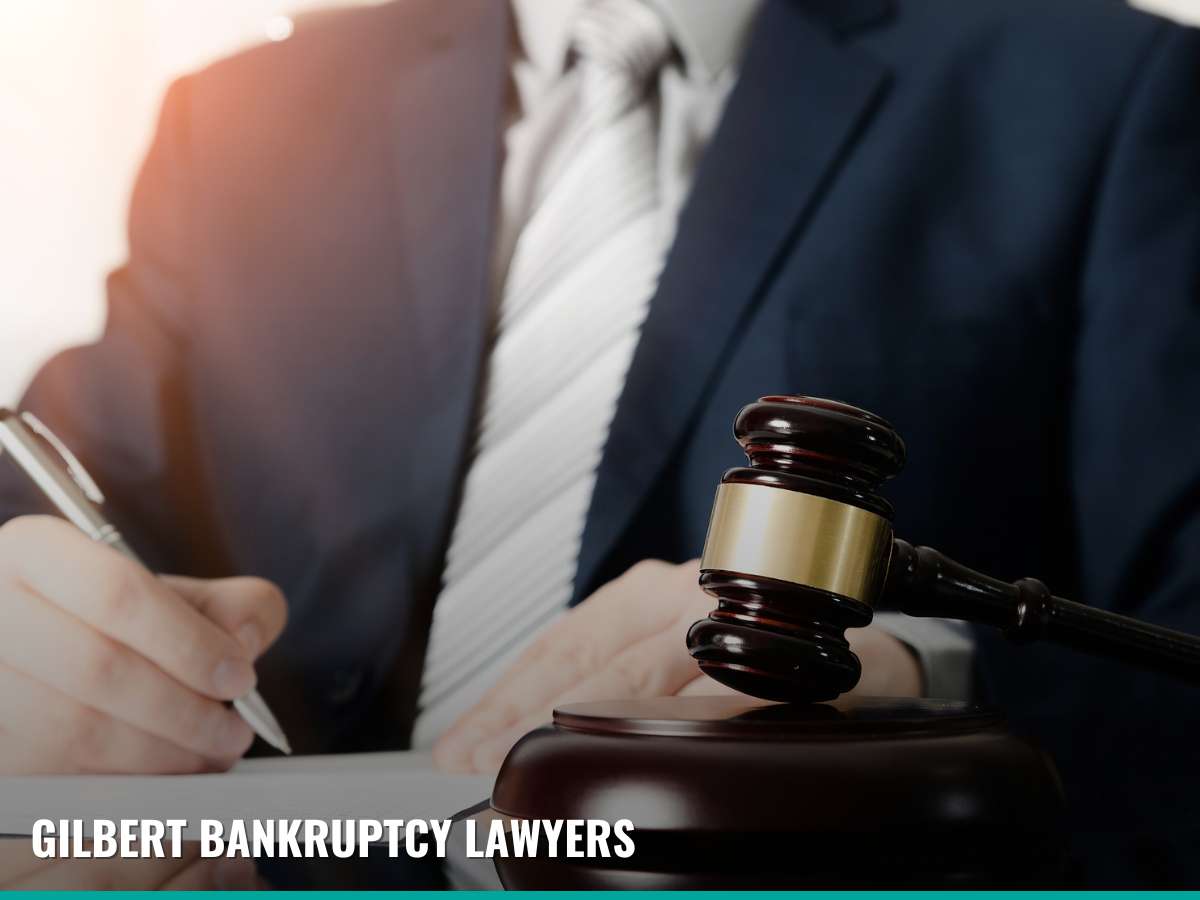

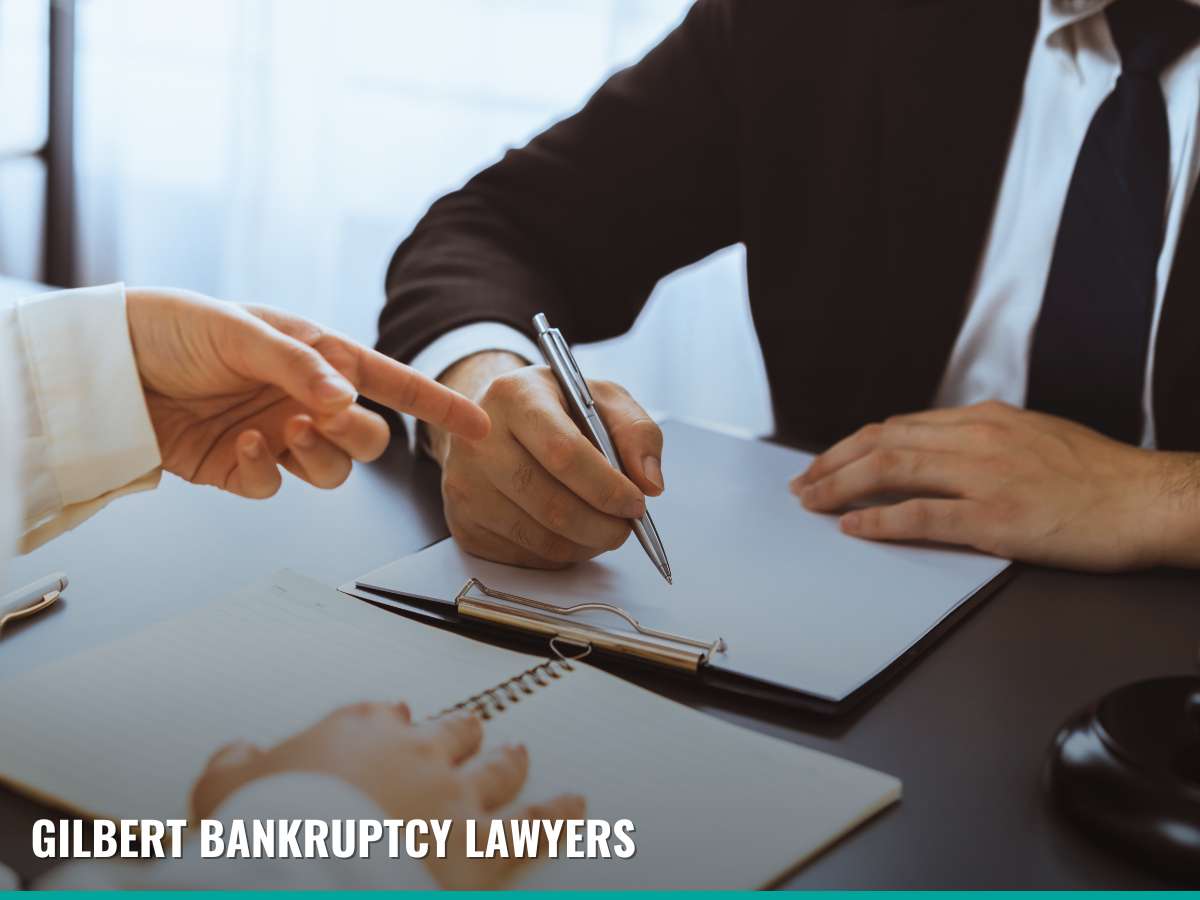



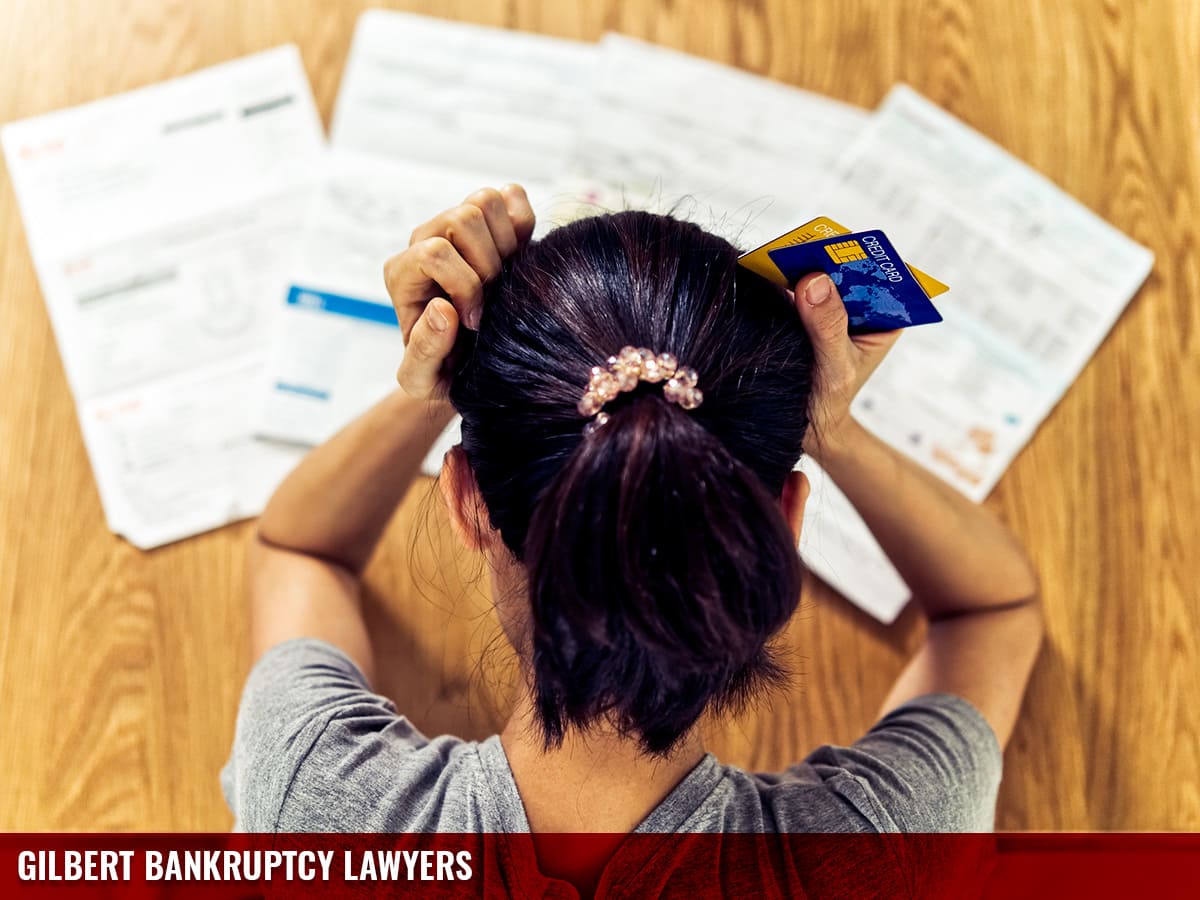

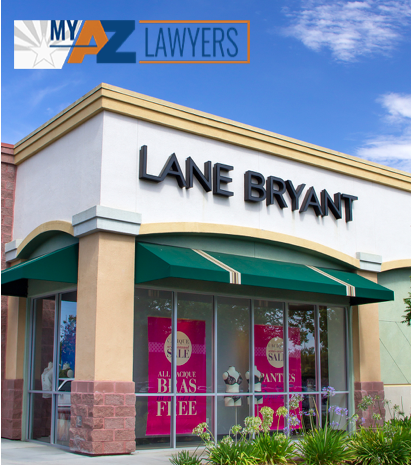
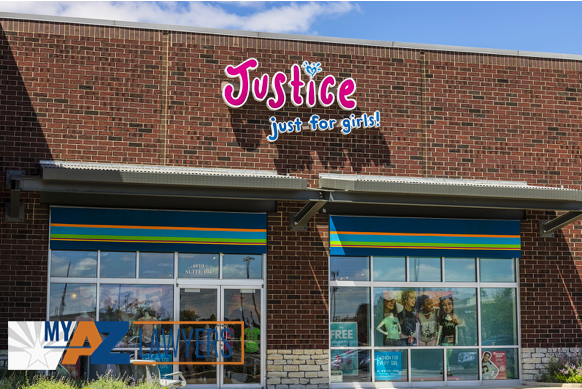 Arizona saw a spike of unemployment claims in April 2020, with an unemployment rate of approximately 13.4 percent. Conditions improved and the
Arizona saw a spike of unemployment claims in April 2020, with an unemployment rate of approximately 13.4 percent. Conditions improved and the